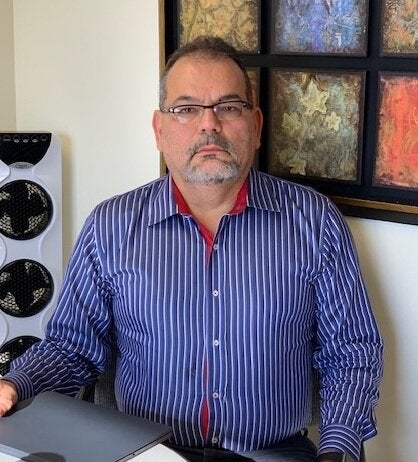PAHO/WHO Collaborating Centre Spotlight Series
Reference Number: CUB-20
Official Title: PAHO/WHO CC in Public Health and Aging
Institution: Department of Surveillance of Ageing and Health, Research Center in Longevity, Ageing and Health (CITED)
Reference Number: COR-9*
Official Title: PAHO/WHO CC in Geriatrics and Gerontology Education
Institution: Hospital Nacional de Geriatría y Gerontología, Caja Costarricense de Seguro Social
Reference Number: USA-303
Official Title: PAHO/WHO CC in Gerontological Nursing Education
Institution: College of Nursing, New York University
Reference Number: USA-405
Official Title: PAHO/WHO CC in Aging and Health
Institution: Sealy Center on Aging, University of Texas Medical Branch (UTMB)
Reference Number: CAN-97
Official Title: PAHO/WHO CC for Age-friendly Cities and Communities
Institution: Centre de recherche sur le vieillissement, Centre intégré universitaire de santé et de services sociaux de l’Estrie, Universite de Sherbrooke
Category 3 (SP 14-19)
Outcome 3 (SP 20-25)
Dr. Enrique Vega, Unit Chief, Healthy Life Course, is the PAHO staff member who acts as the Region’s focal point for these Centres and also supports the WHO focal point to coordinate the collaboration between the institutions and the Organization.
The main activities of these Centres include: (1) developing online courses; (2) training health professionals; (3) writing guidelines; and (4) generating capacity for research on aging.
The Centres at CITED and Hospital Nacional de Geriatría y Gerontología have developed a course (Health Care for Older Persons. International Accreditation of Competences – Basic Level) focused on training primary health care workers on health care for older persons. Currently, they are working on the 2nd level course.
The Centre at New York University created guidelines for nurses working in primary health care, including competencies for nursing practices for older persons. They have also conducted training on geriatric nursing in Mexico and several countries in the Caribbean.
The Centre at the University of Texas Medical Branch is helping the Organization to generate capacity in aging research in Latin America and its applicability to public health. This is accomplished by training students to analyze data for longitudinal studies in Brazil, Chile, Colombia, Costa Rica, Cuba, Ecuador, Mexico, and Puerto Rico.
Currently, the Centre at the Universite de Sherbrooke works mainly with WHO and there are no deliverables to report within the Region.
Webnotes such as these serve to inform on how CCs are contributing to the Organization’s priorities and mandates.
*CC expired.


